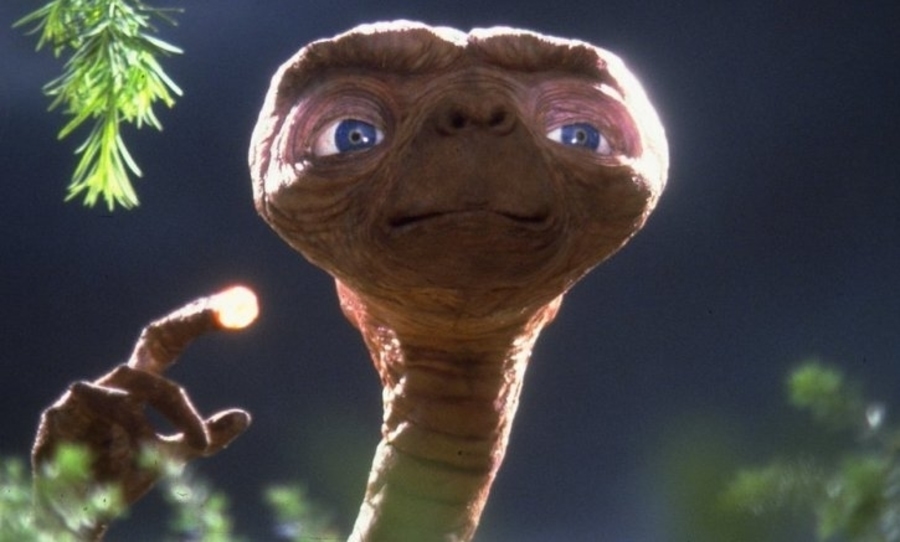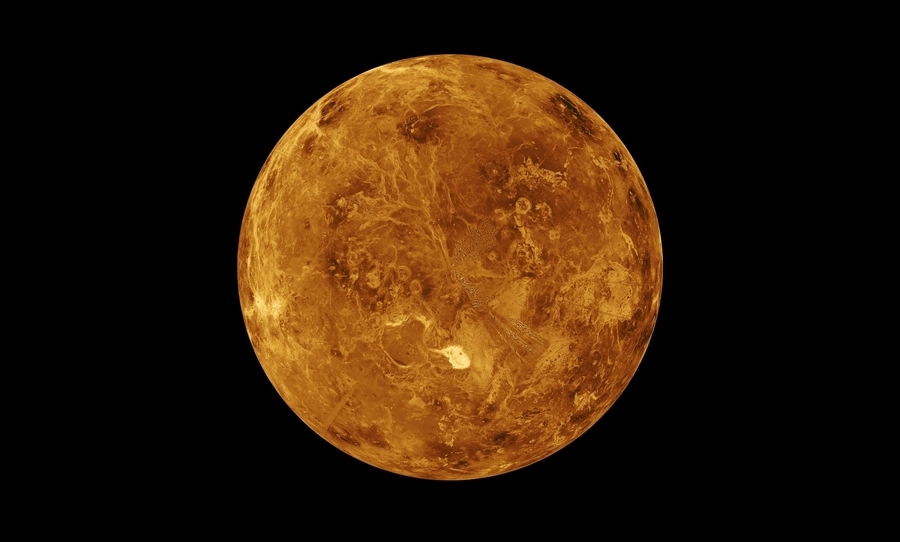Phosphine has been found in the clouds surrounding Venus, pointing to the possibility of alien life on our next-door neighbour planet.
Nothing quite gets the heart pumping like asking your crush out to see a riveting movie. Oh, and of course the ever-daunting possibility of alien life.
Well, proof of that might be closer than expected – give or take 143.5 million kilometres.

Confession: the presence of the toxic gas phosphine on Venus means absolutely nothing to me. However, for far more qualified individuals, this is a huge deal.
Physicists: calm down everyone this doesn’t necessarily mean life on Venus
Me, chanting like I’m at a sports match: ALIENS ALIENS ALIENS ALIENS ALIENS ALIENS ALIENS ALIENS ALIENS ALIENS ALIENS ALIENS ALIENS ALIENS ALIENS ALIENS ALIENS ALIENS ALIENS ALIENS ALIENS ALIENS
— Dr Julie Blommaert 👩🏼🔬 (@drjulie_b) September 14, 2020
When Cardiff Universities’ Professor Greaves first spotted the biomarker from a telescope in Hawaii, she naturally shot off the image to her team. Upon seeing it, Deputy Director of the East Asian Observatory/James Clerk Maxwell Telescope, Jessica Dempsey, was dumbfounded, apparently staring at the picture on her computer screen for half an hour.
Needless to say, this could signify a huge stride in the field of space science; but why exactly does phosphine equal the potential for extraterrestrial life?
where were you when you learnt MIT found signs of alien life on Venus and there’s gonna be a huge announcement about it tomorrow
— directional transsexual (@north0fnorth) September 13, 2020
Well, phosphine is only created by microbes that can withstand a lack of oxygen or industrial processes. So either there’s a new chemical process we haven’t discovered, or somewhere in those thick clouds, there’s alien life.
The discovery, now published in the journal of Nature Astronomy, also suggests implications for the future search of extra-terrestrial life. The scientists appear pretty convinced since this revelation, with Dr Dempsey stating: “We don’t know any other processes that can explain the phosphine detection that we see”.
Scary, yet an incredibly exciting discovery to distract from the gloom of 2020. The science team obviously aren’t finished researching, so we’ll be sure to update you if new information comes to light. To quote Jesse Pinkman, “Science, Bitch!”.
NASA: we found life on venus
the aliens: pic.twitter.com/cz2OOdGsP1
— Avery (@averybrockberg) September 14, 2020
Up Next: NASA simulation shows what sunsets look like on other planets



